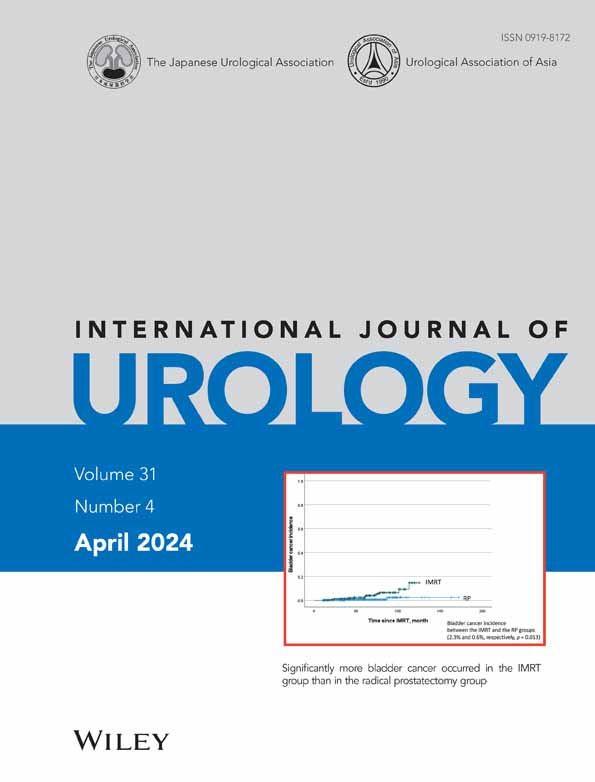The medical cost and outcome of desensitization protocol in kidney transplantation recipients with high immunological risks
Abstract
Background
Kidney transplantation is a well-established alternative in renal replacement therapy. Compared with hemodialysis, low-immunological-risk kidney transplantation can reduce the medical treatment costs associated with end-stage renal disease. However, there are few reports on whether high-immunological-risk kidney transplantation reduces the financial burden on governments. We investigated the medical costs of high-immunological-risk kidney transplantation in comparison with the cost of hemodialysis in Japan.
Methods
We compared the medical costs of high-immunological-risk kidney transplantation with those of hemodialysis. 15 patients who underwent crossmatch-positive and/or donor-specific antibody-positive kidney transplantations between 2020 and 2021 were enrolled in this study. The patients received intravenous immunoglobulin, plasmapheresis, and rituximab as desensitizing therapy.
Results
Acute antibody-mediated rejection was detected in nine (60%) recipients, while there were no indications of graft function deterioration during the follow-up. For each patient, the transplant hospitalization cost was 38 428 ± 8789 USD. However, the cumulative costs were 59 758 ± 10 006 USD and 79 781 ± 16 366 USD, at 12 and 24 months, respectively. Compared with hemodialysis (34 286 USD per year), high-immunological-risk kidney transplantation tends to be expensive in the first year, but the cost is likely to be lower than that of hemodialysis after 3 years.
Conclusions
Although kidney transplantation is initially expensive compared with hemodialysis, the medical cost becomes advantageous after 3 years even in kidney transplant recipients with high immunological risk.
CONFLICT OF INTEREST STATEMENT
The authors declare no conflict of interest.
Open Research
DATA AVAILABILITY STATEMENT
The data supporting this study's findings are available upon request from the corresponding author.




